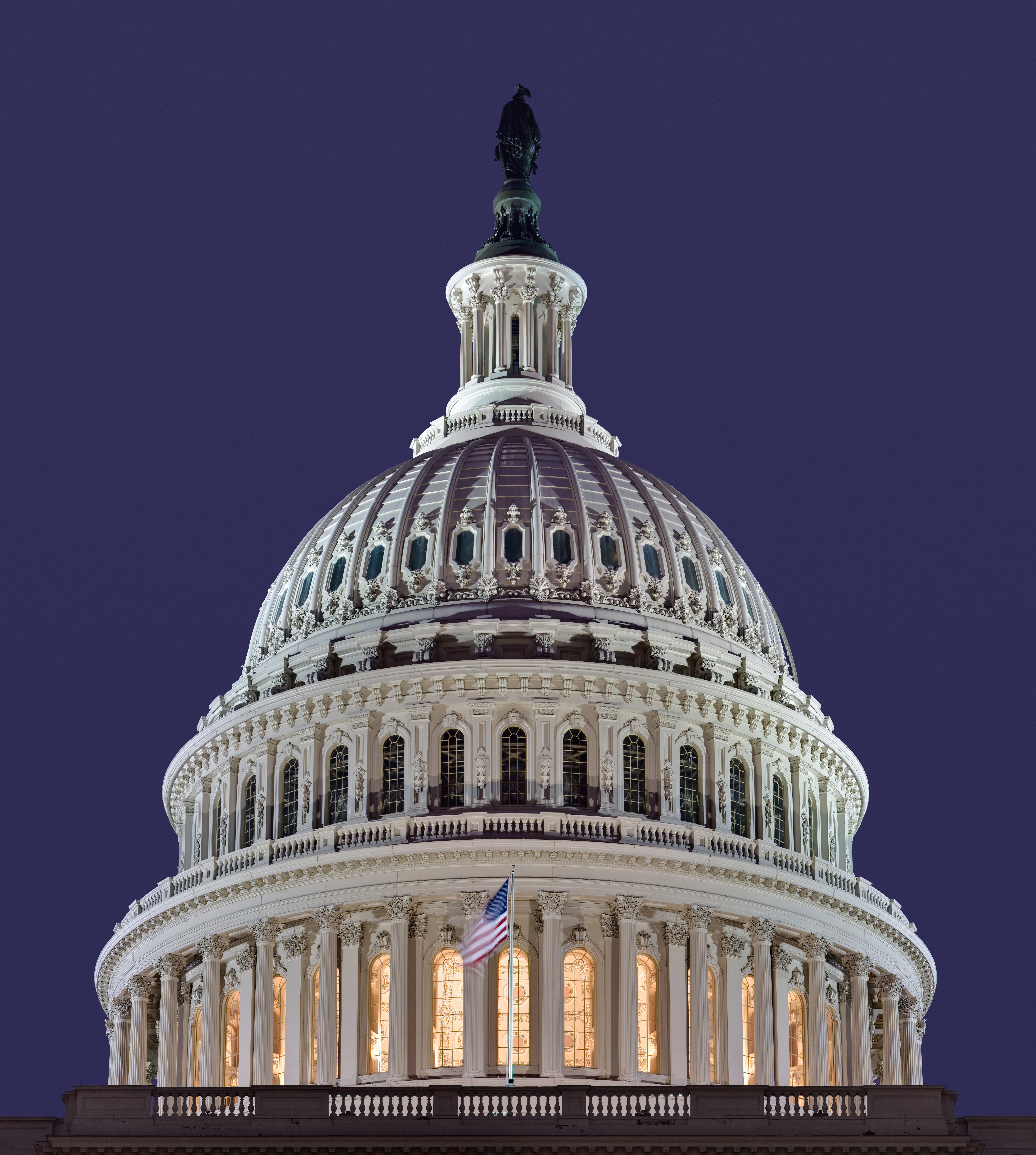Investigative Group
Was John Brennan’s House Intel Testimony Also Based On ‘Bad Information’?

Dome of the U.S. Capitol building. (By Diliff - Uploaded by Diliff, CC BY 2.5, https://commons.wikimedia.org/w/index.php?curid=517895)
Former CIA Director John Brennan’s recent admission he received “bad information” that led him to inaccurately predict conspiracy indictments in the Mueller probe is raising questions about claims he made to Congress about contacts between the Trump campaign and Russians.
Brennan told the House Permanent Select Committee on Intelligence in May 2017 the CIA provided the FBI with information on contacts between Russian officials and Trump campaign figures.
Brennan said he was “concerned” about the contacts because of known Russian efforts to “suborn” Trump campaign associates.
“It raised questions in my mind … whether or not the Russians were ever able to gain cooperation of those individuals,” Brennan said in the May 23, 2017 testimony.
“I encountered and am aware of information and intelligence that revealed contacts and interactions between Russian officials and U.S. persons involved in the Trump campaign,” he added, noting he had not seen evidence of collusion between the Trump associates and Russians.
Brennan did not identify the Trump officials or add any other details about the alleged contacts, other than that they occurred in 2016.
Whatever contacts there might have been did not involve a conspiracy to influence the election, as special counsel Robert Mueller has determined.
Mueller ended his investigation without issuing any new indictments in the case. Mueller also found no evidence of a conspiracy between the Trump campaign and Russian government, according to a summary of the investigation that Attorney General William Barr submitted to Congress Sunday.
Brennan acknowledged after Barr’s revelation that he may have relied on “bad information” when he recently predicted conspiracy indictments against Trump associates in the Mueller probe.
“Well, I don’t know if I received bad information, but I think I suspected there was more than there actually was,” Brennan said. “I am relieved that it’s been determined there was not a criminal conspiracy with the Russian government over our election. I think that is good news for the country.”
Brennan said in his May 2017 testimony he could not reveal the Trump campaign contacts because the information was classified. He said the Intelligence panel was aware of the information.
Brennan may have been referring to contacts that have already been made public, or those made in the Democrat-funded Steele dossier.
The most direct contacts known to have taken place during the campaign involved Sergey Kislyak, a Russian ambassador.
President Donald Trump himself met Kislyak at an event held at the Mayflower Hotel in Washington in April 2016. Three months later, then-Alabama Sen. Jeff Sessions, White House adviser Jared Kushner and Trump campaign advisers Carter Page and J.D. Gordon met Kislyak at political events. Sessions also met with Kislyak at his Senate office on Sept. 8, 2016 to discuss business before the Senate Armed Services Committee.
The president’s son Donald Trump Jr. met briefly with Alexander Torshin, the deputy governor of Russia’s central bank, on the sidelines of the National Rifle Association convention in May 2016.
There have been no allegations of impropriety during those meetings, though Sessions recused himself from overseeing the Russia investigation as attorney general over the contacts.
The Steele dossier has other allegations about Trump campaign contacts with Kremlin officials. Dossier author Christopher Steele alleged Page met secretly in Moscow with two Kremlin insiders to discuss relaxing sanctions in exchange for a payoff. Page has vehemently denied the claim. He was not charged in the special counsel’s investigation.
All content created by the Daily Caller News Foundation, an independent and nonpartisan newswire service, is available without charge to any legitimate news publisher that can provide a large audience. All republished articles must include our logo, our reporter’s byline and their DCNF affiliation. For any questions about our guidelines or partnering with us, please contact [email protected].

